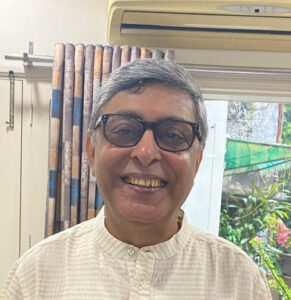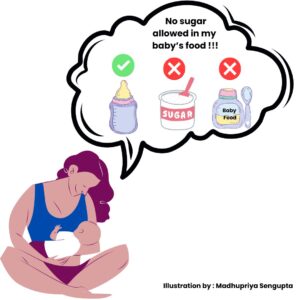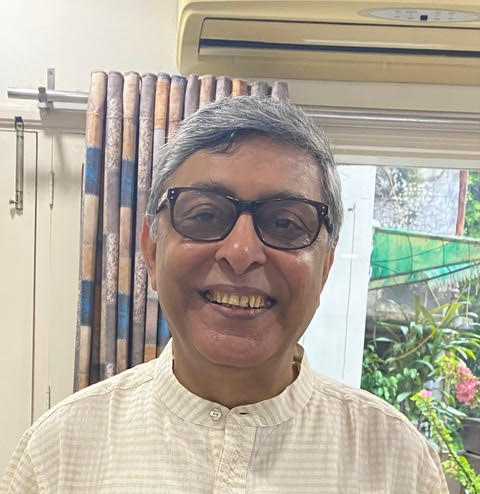THE BITTER SUGAR:
EXPERTS BAT FOR STRICTER POLICIES AND ENCOURAGE HOME-COOKED MEALS TO COMBAT THE ISSUE OF SUGAR FOUND IN BABY FOOD PRODUCTS
The controversy over the high sugar content found in the baby food products of a leading company in India has once again raised the issue of stricter regulations for controlling the quality of food products and making them suitable for the health of their target audience – in this case, toddlers.
A report by Swiss NGO, Public Eye, and International Baby Food Action Network (IBFAN) in April 2024 claimed that the company had been adding high sugar content to its baby food products marketed in poor South Asian countries (including India). However, the same product is sold without any added sugar in the UK and Germany.
The addition of sugar in baby foods is even more of a concern given India’s status as the Diabetes Capital of the World. With the young generation consuming extra doses of sugar, their adulthood is bound to be riddled with health concerns.

(Photo in arrangement with Dr Arun Gupta)
Convener of Nutrition Advocacy for Public Interest (NAPI), Dr. Arun Gupta says that sugar intake during the first two years of life is not essential. Even the World Health Organization (WHO) recommends avoiding additional sugar in the diet of babies. Similarly, parents nowadays give toddlers several food products like sweet yogurts, fruity drinks, and sweet bakery items that are usually high in sugar. The problem with these is that sugars only provide empty calories and displace essential nutrition needed for optimal growth. On health grounds, high sugar intake can lead to dental caries and contribute to childhood obesity as well as long-term health problems like diabetes.
–Effects of aggressive marketing of baby food products
Dr Ajay Gupta, a pediatrician in Mohali City, Punjab, feels that aggressive marketing and advertising of unhealthy pre-packaged food and beverage products, which target all age groups within the families have displaced traditional diets. This has also happened in the case of kids above six months of age. They are increasingly being given pre-packaged foods. Most of these pre-packaged food products are either high in sugar, salt, or saturated fat. All these three nutrients are of concern.
Dr. Ajay Gupta, further adds that the displacement of traditional diets, and increasing intake of high-fat, high-sugar, and high-salt products are major risk factors for obesity and diabetes. India accounts for nearly 17 percent of the total number of diabetes patients in the world. There are currently close to 80 million people with diabetes in India and this number is expected to increase to 135 million by 2045.
Dr. Satish Koul, Director and Senior Consultant Internal Medicine at Fortis Memorial Research Institute in Gurgaon states that obesity has become an epidemic in young children because of the dietary habits of children under the age of 2. High sugar consumption has led to an epidemic of adolescence, obesity, and overweight. Such children often get weighed down with obesity and cardiovascular diseases in adulthood.
–Is powdered milk too not a necessity?
Dr Arun Gupta, Central Coordinator of the Breastfeeding Promotion Network of India (BPNI) also adds that even the use of powdered milk during the newborn period and infancy is generally not required. If new mothers are supported during pregnancy as well as at birth to establish and maintain breastfeeding, the need for powdered baby milk can be minimized.
Dr. Gupta observes that it is a common practice for powdered milk formula to be offered unnecessarily in hospitals. There are WHO recommendations for using such substitutes. Pointing out that a tougher implementation of the law is required to monitor the sale of such products, he highlights that aggressive marketing by baby food companies continues unabated. Despite a law in the country, that prohibits marketing and advertisements of such products, the practice persists.
–Assessing the burgeoning economy of high sales of baby food and powdered milk products vis-à-vis law
Dr. Arun Gupta, a Pediatrician and Former Member of PM’s Council on India’s Nutrition Challenges says the Government of India has enacted laws namely the Infant Milk Substitutes Feeding Bottles, and Infant Foods (Regulation of Production, Supply and Distribution) Act 1992, and Amendment Act 2003 (IMS Act), which bans the promotion of baby foods and feeding bottles for children up to two years through any means. It includes prohibition of advertisements, sponsorship, giving commissions, gifts, or any benefits to doctors, etc.
Over the years, this law has benefited India significantly. Currently, India sells about 30,000 tonnes of baby milk for up to three years of age whereas China is selling 600,000 tonnes of milk for this age group, just because China has a weaker law compared to India.
-Do baby food companies have different standards for India and other countries while manufacturing such products?
Yes, it has been found that sugar in a baby food product can be about 3 g per serving, which is not the case for the same brand in Europe. This happens because our regulations need to be amended to align with health recommendations.


Edited by: Aakriti Dubey

